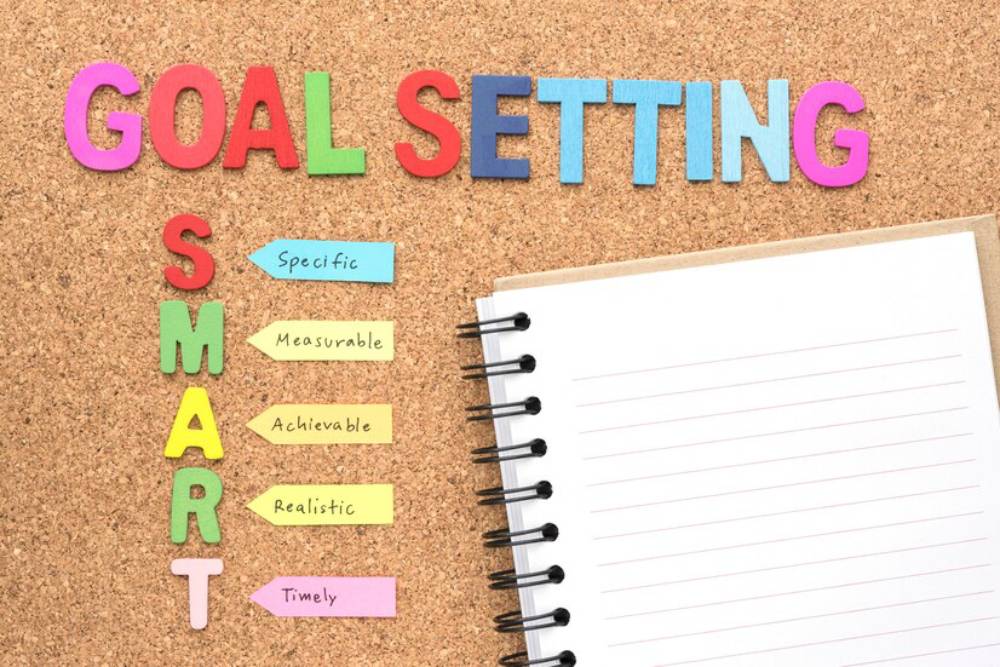
Essential Daily Practices for Successful Self-Learners
The Rise of Self-Learning in a Digital Age
In a changing world, traditional education is evolving fast. Self-learning has become a strong tool for personal and professional growth. Teaching yourself is key today, whether you’re learning a new language, coding, or studying philosophy. A 2023 report from Coursera shows that more than 90 million learners around the world are taking online courses. This highlights the rising trend of independent study.
However, while the idea of self-learning is appealing, the path is not always straightforward. Without structured classrooms, timetables, or teachers, the responsibility falls entirely on the individual. That’s where daily practices come into play. Building good self-learning habits is key. They help you stay motivated, organised, and productive.
In this blog, we’ll explore the essential daily practices that successful self-learners adopt to stay on track. No matter if you’re new or want to improve, these tips will make you a better, more focused, and confident learner.
1. Set Clear Learning Goals

Why Goals Matter
Every successful journey begins with a destination in mind. In the realm of self-learning, setting clear, measurable goals gives you direction and purpose. It keeps you focused and provides motivation during challenging periods.
How to Set Effective Learning Goals
Use the SMART criteria:
- Specific: Define exactly what you want to learn.
- Measurable: Identify how you will track progress.
- Achievable: Ensure the goal is realistic, given your time and resources.
- Relevant: Align with your broader personal or professional objectives.
- Time-bound: Set a clear deadline to maintain momentum.
Example: Instead of “learn Spanish,” aim for “be able to hold a 10-minute conversation in Spanish within 3 months.”
Write your goals down and review them weekly. This reinforces your commitment and allows you to make adjustments as needed.
2. Create a Consistent Study Schedule

The Power of Routine
A consistent study schedule builds discipline. It turns learning into a daily habit, making it as natural as brushing your teeth.
Designing Your Ideal Study Routine
- Choose your peak productivity hours: Are you a morning person or a night owl?
- Allocate dedicated time blocks: Even 30 minutes a day can lead to significant progress.
- Avoid multitasking: Focus entirely on your learning during this time.
Tools to Help
- Google Calendar or Notion for scheduling
- Pomodoro timers (e.g., TomatoTimer)
- Habit-tracking apps like Habitica or Streaks
Expert Insight: Productivity coach Laura Vanderkam suggests that consistent micro-learning beats sporadic cramming sessions.
3. Curate Reliable Learning Resources
Quality Over Quantity
With an abundance of information available online, the challenge is not access but curation. Reliable, high-quality resources are the backbone of effective self-learning.
Where to Look
- MOOCs: Coursera, edX, FutureLearn
- Tutorials: YouTube, freeCodeCamp, Khan Academy
- Books & eBooks: Kindle, Scribd, public libraries
- Podcasts and audiobooks: Audible, Spotify Education channels
Avoid jumping from resource to resource. Stick with a curated list and finish one before starting another to reduce cognitive overload.
4. Take Active Notes

Passive vs. Active Learning
Reading and watching videos are passive forms of learning. To truly absorb information, engage in active note-taking.
Techniques to Try
- Cornell Method: Divide your page into sections for notes, cues, and summary.
- Mind Mapping: Visualise relationships between ideas.
- Feynman Technique: Explain the concept in simple terms, as if teaching someone else.
Revisit and revise your notes weekly to reinforce memory retention.
5. Test Yourself Regularly
The Science of Retrieval Practice
Self-testing is one of the most effective independent study tips. It strengthens neural pathways and highlights areas needing review.
How to Implement Testing
- Use flashcards (Anki, Quizlet)
- Create mini-quizzes for yourself
- Try past exam papers or online quizzes
Did You Know? Studies show that testing improves long-term retention by up to 70% compared to rereading material.
6. Reflect and Review Daily
Learning Through Reflection
Reflection helps you assess what you learned, what challenged you, and what can be improved.
Daily Reflection Prompts
- What did I learn today?
- What confused me?
- What will I do differently tomorrow?
Example: Keep a digital or physical learning journal. Tools like Day One or Evernote are great for this.
7. Embrace a Growth Mindset
Fixed vs. Growth Mindset
A growth mindset, a term coined by psychologist Carol Dweck, is the belief that abilities can be developed through dedication and hard work.
Daily Affirmations for a Growth Mindset
- “Mistakes help me grow.”
- “I am capable of learning anything I set my mind to.”
- “Challenges are opportunities.”
Cultivating Resilience
Resilience is essential when you hit roadblocks. Celebrate small wins and remind yourself of how far you’ve come.
8. Join Learning Communities
The Social Side of Learning
Even self-learners benefit from a bit of community. Engaging with others can provide motivation, clarity, and accountability.
Where to Connect
- Reddit forums (e.g., r/learnprogramming, r/languagelearning)
- Facebook Groups
- Discord communities
- Study groups via Meetup or local libraries
Share your progress or challenges. Helping others often clarifies your own understanding.
9. Minimise Distractions
Stay Focused, Stay Efficient
Distraction is the enemy of deep work. Successful learners design environments that support concentration.
Strategies to Reduce Distractions
- Use website blockers (e.g., Cold Turkey, Freedom)
- Keep your phone in another room or on Do Not Disturb
- Declutter your study space
Mental Clarity
Consider short mindfulness sessions before studying to centre your focus. Apps like Headspace or Calm can help.
10. Apply What You Learn
The Value of Practical Application
Application transforms knowledge into skill. It reinforces what you learn and reveals areas that need improvement.
Ways to Apply Learning
- Write blog posts about what you’ve learned
- Teach a friend or colleague
- Build a project or prototype
- Participate in challenges (e.g., 100 Days of Code)
Quote to Remember: “Tell me and I forget, teach me and I remember, involve me and I learn.” — Benjamin Franklin
11. Track Progress and Celebrate Milestones
Motivation Through Measurement
Tracking progress gives you a sense of achievement. It also helps you adjust your learning strategy.
Tools for Progress Tracking
- Trello or Notion dashboards
- Bullet journals
- Progress bars or charts
Celebrate Small Wins
Treat yourself when you complete a module, build a project, or master a concept. These rewards reinforce positive behaviour.
12. Prioritise Wellbeing
Balance Is Key
Burnout is real. Even the most ambitious learners need rest, social interaction, and physical activity.
Daily Self-Care Tips
- Take regular screen breaks
- Get 7-9 hours of sleep
- Stay hydrated and eat balanced meals
- Exercise daily, even if just a walk
Reminder: A healthy mind and body are essential for sustained learning.
Conclusion: Crafting a Lifestyle of Lifelong Learning
Self-learning is more than just a skill — it’s a mindset, a daily practice, and a lifestyle. By incorporating these essential self-learning habits into your routine, you not only empower yourself to learn anything, anytime but also open the door to continuous personal growth and discovery.
Remember, there is no single “right” way to learn independently. The key is consistency, curiosity, and self-compassion. Implement these daily practices, and you’ll find that self-learning becomes not just easier but genuinely enjoyable.
Ready to Elevate Your Self-Learning Journey?
Take the first step today. Pick one habit from this list and implement it into your routine. Over time, you can build your own personalised system for unstoppable growth. Have questions or tips of your own? Share them in the comments below and join the conversation with fellow lifelong learners!